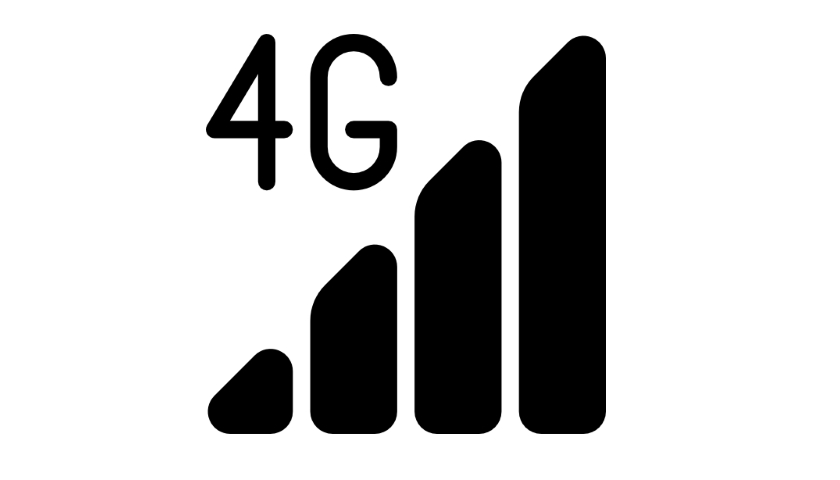Indian state-owned operator Bharat Sanchar Nigam Limited (BSNL) has ordered $1.83 billion worth of infrastructure equipment and software from compatriot IT company Tata Consultancy Services (TCS), according to a Reuters report.
The provision of this telecom gear will pave the way for BSNL to be in a position to fully launch its 4G network across India. Earlier this month, a group of ministers approved the proof-of-concept by the TCS consortium for BSNL using an indigenous technology stack, and gave the company the approval to issue the purchase order.
According to previous reports, the Indian government had said that only Indian telecoms vendors will be allowed to supply equipment for state-run telcos BSNL and MTNL’s 4G and 5G projects, as part of the country’s efforts to reduce dependence on international providers.
According to recent reports, BSNL aims to initially provide 4G services in high-revenue telecom circles in India. Currently, Kerala, Maharashtra, Tamil Nadu, Karnataka and Punjab are among the high-revenue-earning circles for the state-owned carrier.
As part of the pilot for 4G, BSNL has deployed 200 sites in three districts of Punjab – Ferozepur, Pathankot and Amritsar. BSNL will provide 4G services via the 2.1 GHz spectrum band.
According to previous reports, BSNL expects to cover all telecom circles in India with its 4G services by the end of its upcoming financial year, which ends in March 2024.
In January, the country’s Minister of Railways, Communications and Electronics and Information Technology Ashwini Vaishnaw, had said that BSNL could launch 5G technology in March 2024. Vaishnaw also clarified that initially, BSNL’s 5G network will be based on the NonStandalone (NSA) architecture.
In December 2022, BSNL had asked the Indian government for more spectrum for the future deployment of 5G technology.
BSNL is likely to launch 5G services in 600 MHz, 3.3 GHz and 26 GHz bands, according to previous reports. These spectrum bands have been reserved by the Department of Telecommunication and after the 4G launch, all sites will be upgraded to 5G.
Currently, both Bharti Airtel and Reliance Jio Infocomm offer 5G networks in all major cities across the country. While Jio is offering standalone 5G technology (SA), Airtel has opted for non-standalone 5G technology (NSA).
Telecom minister Ashwini Vaishnaw recently assured that India will not see a monopoly or duopoly in the telecom sector with BSNL emerging as a very stable player.
“No, we are not heading towards a monopoly. Even a duopoly will not be there. BSNL is coming up as a very stable player in the market,” the minister said when asked regarding the debt issues currently affecting Vodafone Idea and the current financial struggles faced by Bharti Airtel.
The domestic telecom market currently has three private companies –Reliance Jio Infocomm, Bharti Airtel and Vodafone Idea.
Source: rcrwireless.com





